Case Study
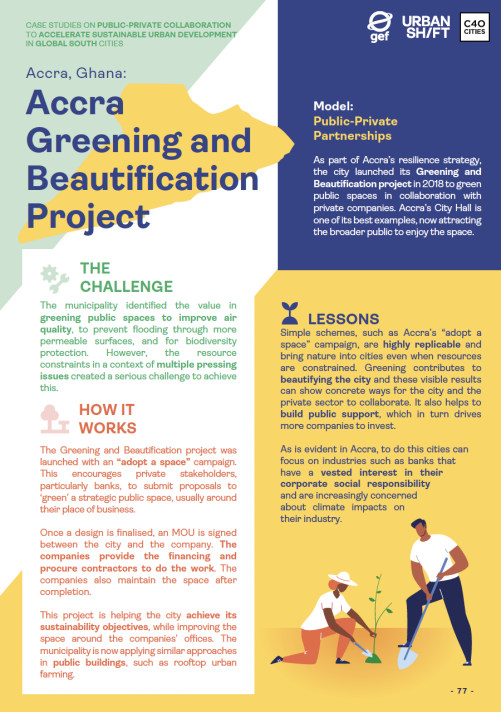
Accra, Ghana: Greening and Beautification Project
Model: Market-Shaping Policy & Regulation
Abstract
As part of its resilience strategy, Accra launched its Greening and Beautification project in 2018 to green public spaces in collaboration with private companies. Accra’s City Hall is one of its best examples, now attracting the broader public to enjoy the space.
The Challenge
The municipality identified the value in greening public spaces for air quality, to prevent flooding through more permeable spaces, and for biodiversity protection. However, the resource constraints in a context of multiple pressing issues created a serious challenge to achieve this.
How it works
The project was launched with an “adopt a space” campaign. This encouraged private stakeholders, particularly banks, to submit proposals for greening of a strategic public space, usually around their place of business.
Once a design is finalised, an MOU is signed between the city and the company. The companies provide the financing and procure contractors to do the work. The companies also maintain the space after completion.
This project is helping the city achieve its sustainability objectives, while improving the space around the company offices. The municipality is now applying similar approaches in public buildings, such as rooftop urban farming.
Lessons
Greening contributes to beautifying the city and these visible results can show concrete ways for the city and private sector to collaborate. It also helps to build public support, which in turn drives more companies to invest.
As is evident in Accra, to do this cities can focus on industries such as banks that have a vested interest in their corporate standing and are increasingly concerned about climate impacts on their industry.
Read more on this topic
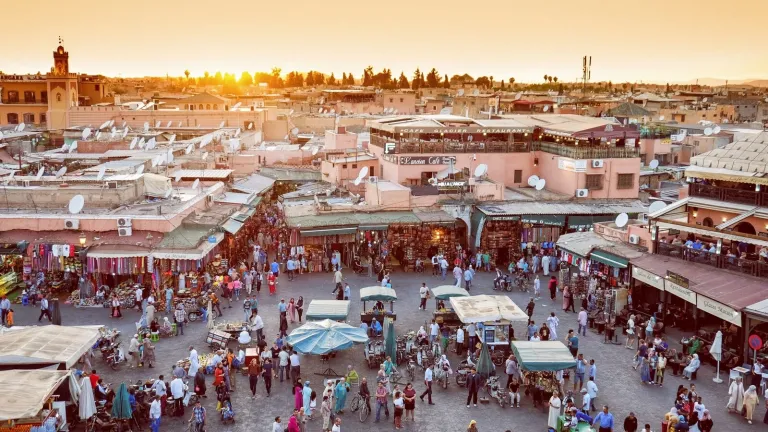
Lessons from the Global South's public-private climate collaborations
Spanning 30 cities in the Global South, UrbanShift's new guide to public-private collaboration highlights partnership models and best practices.
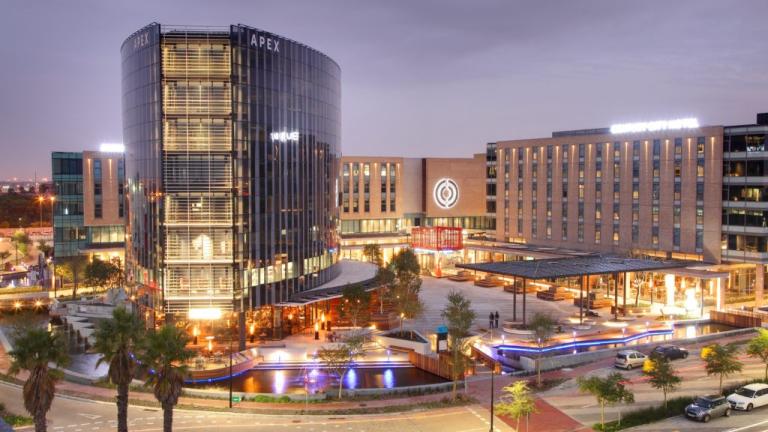
C40 City-Business Climate Alliance Workshop | Cape Town, South Africa
Convening workshop for African cities and businesses to address key climate challenges
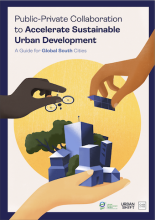
Public-Private Collaboration to Accelerate Sustainable Urban Development: A Guide for Global South Cities
This guide draws on a set of thirty Global South city case studies and illustrates five models of public-private collaboration and the tactics needed to successfully implement these models.
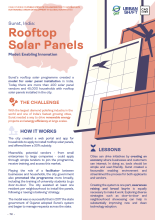
Surat, India: Rooftop Solar Panels Project
Model: Enabling Innovation
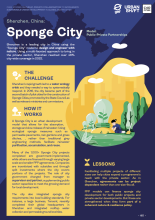
Shenzhen, China: Sponge City
Model: Public-Private Partnerships
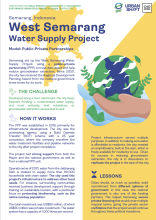
West Semarang, Indonesia: Water Supply Project
Model: Public-Private Partnerships
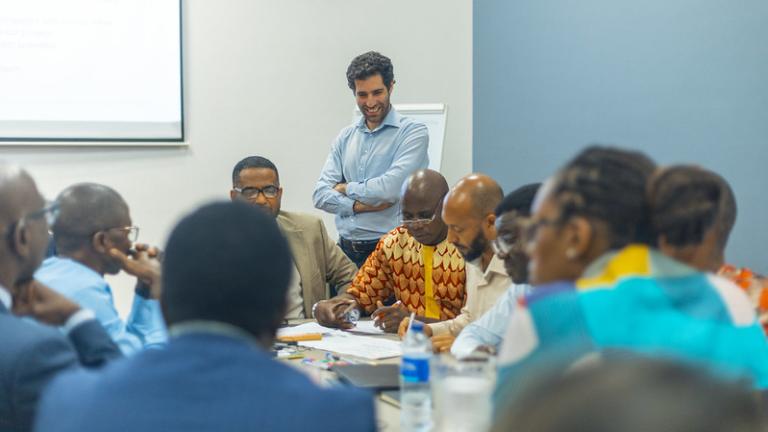
UrbanShift Looks Back: Reflecting on Uniting Stakeholders for Climate Action
C40’s Viola Follini, Matheus Ortega, Emily White, Anelise Rosa, and Amaia Leonet discuss the value of bringing a wide range of sectors—from mayors to the private sector—to the table to accelerate urban transformation.
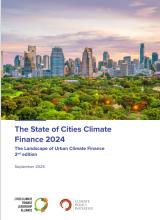
The State of Cities Climate Finance 2024
The 2024 State of Cities Climate Finance report (SCCFR) provides the most comprehensive assessment of urban climate flows and needs globally. It aims to inform action on mobilizing finance for city-level climate action at scale by 2030.
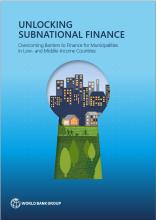
Unlocking Subnational Finance: Overcoming Barriers to Finance for Municipalities in Low- and Middle-Income Countries
This report is intended to address this development challenge. It provides a snapshot of the volume of finance flowing to municipalities in developing countries, showing that such flows have been extremely restricted in recent years.
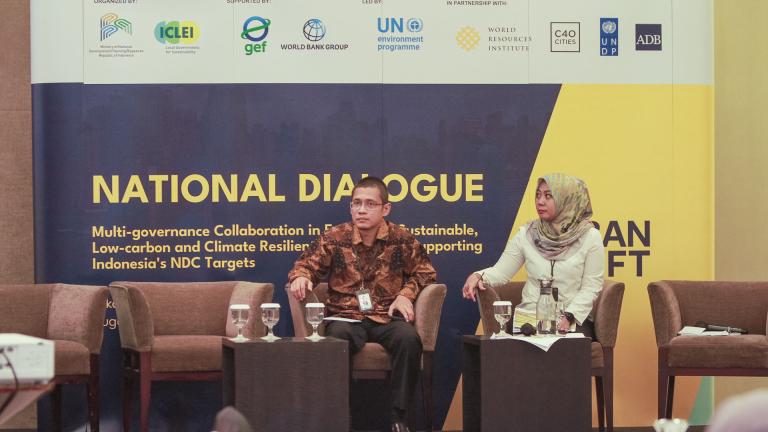
UrbanShift Advances Multilevel Governance Dialogues
These dialogues have taken place across seven UrbanShift countries to advance collaboration and alignment across all levels of government.
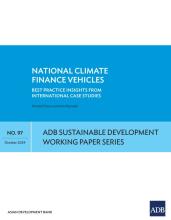
National Climate Finance Vehicles: Best Practice Insights from International Case Studies
The report presents a model design framework and readiness criteria for clarifying the key factors supporting effective operation and achieving prioritized climate outcomes and sustainable development.
Exploring Sustainability in Shenzhen: An Exchange on City-Business Cooperation
Shenzen is a leader in nature-positive, low-carbon development. This UrbanShift Peer-to-Peer Exchange highlighted ideas for how cities across Asia can learn from their innovation.
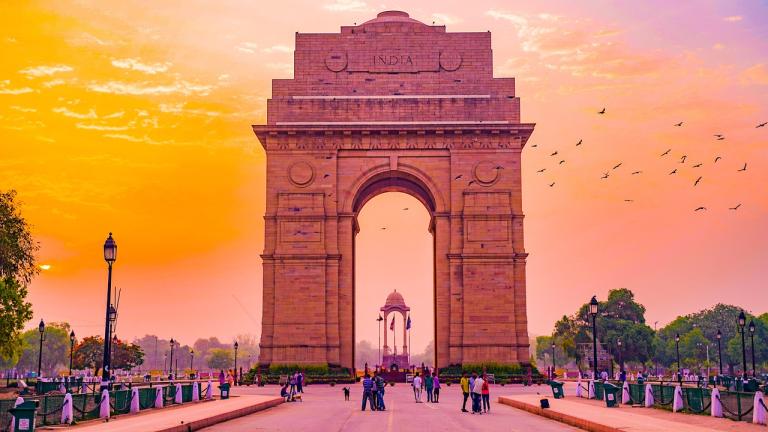
Toward Sustainable Cities: Transit-Oriented Growth and Green Bonds in India's Urban Transformation
The UrbanShift India National-Local Dialogue, led by ICLEI South Asia, explored how sustainable infrastructure, Transit-Oriented Development, and innovative financing can shape resilient urban growth in India's rapidly expanding cities.
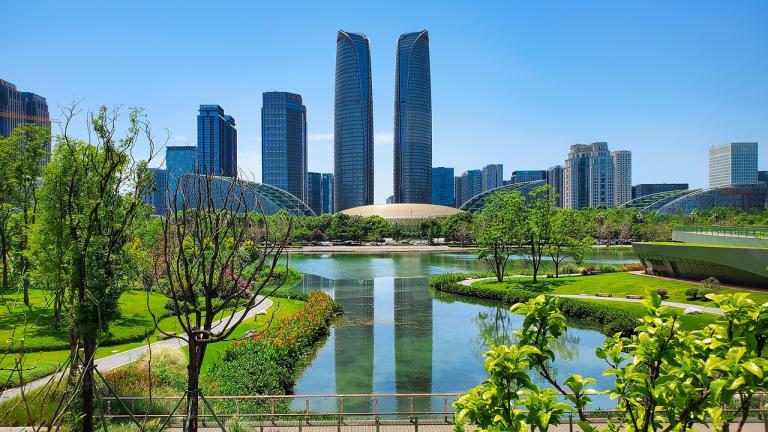
Revolutionizing Cities for a Greener, Low-Carbon Future
The first UrbanShift National-Local Dialogue in China, led by ICLEI East Asia, focused on integrating biodiversity and low-carbon strategies into urban planning.
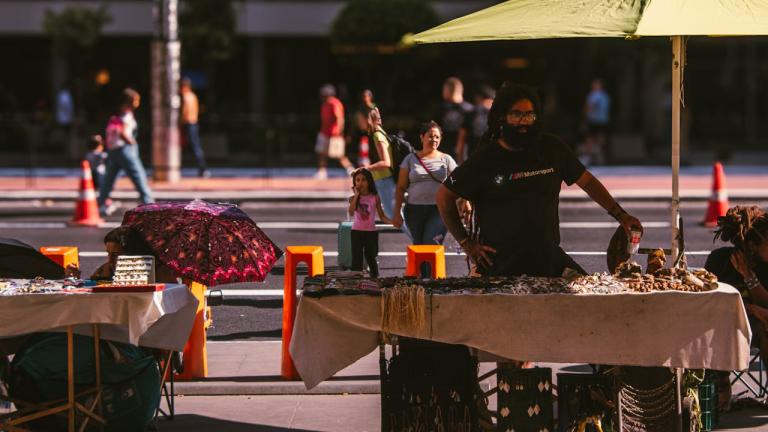
How Cities can Support Workers in Extreme Heat
Cities can play an important role in ensuring decent conditions for vulnerable workers, protecting them from the effects of extreme heat and promoting the right to healthy and safe workplaces. Here’s how cities can get started.
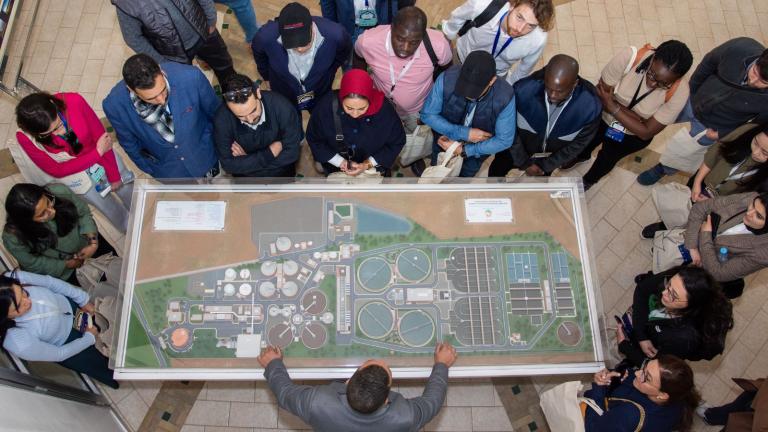
Can you build an investment-ready climate project?
How the City Academy on Accessing Urban Climate Finance offers participants insights into funding sustainability projects, from financing sources to innovative instruments.
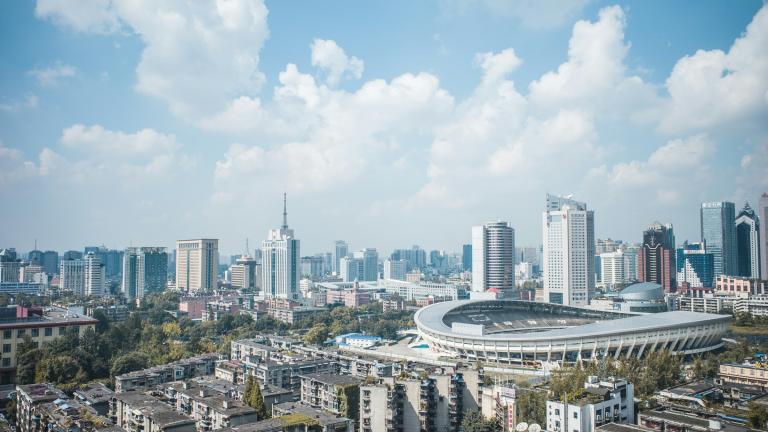
China City-Business Collaboration Accelerator (CiBiX) Workshop
This workshop will accelerate public-private collaboration around waste reduction, management, and reuse in Chengdu.
